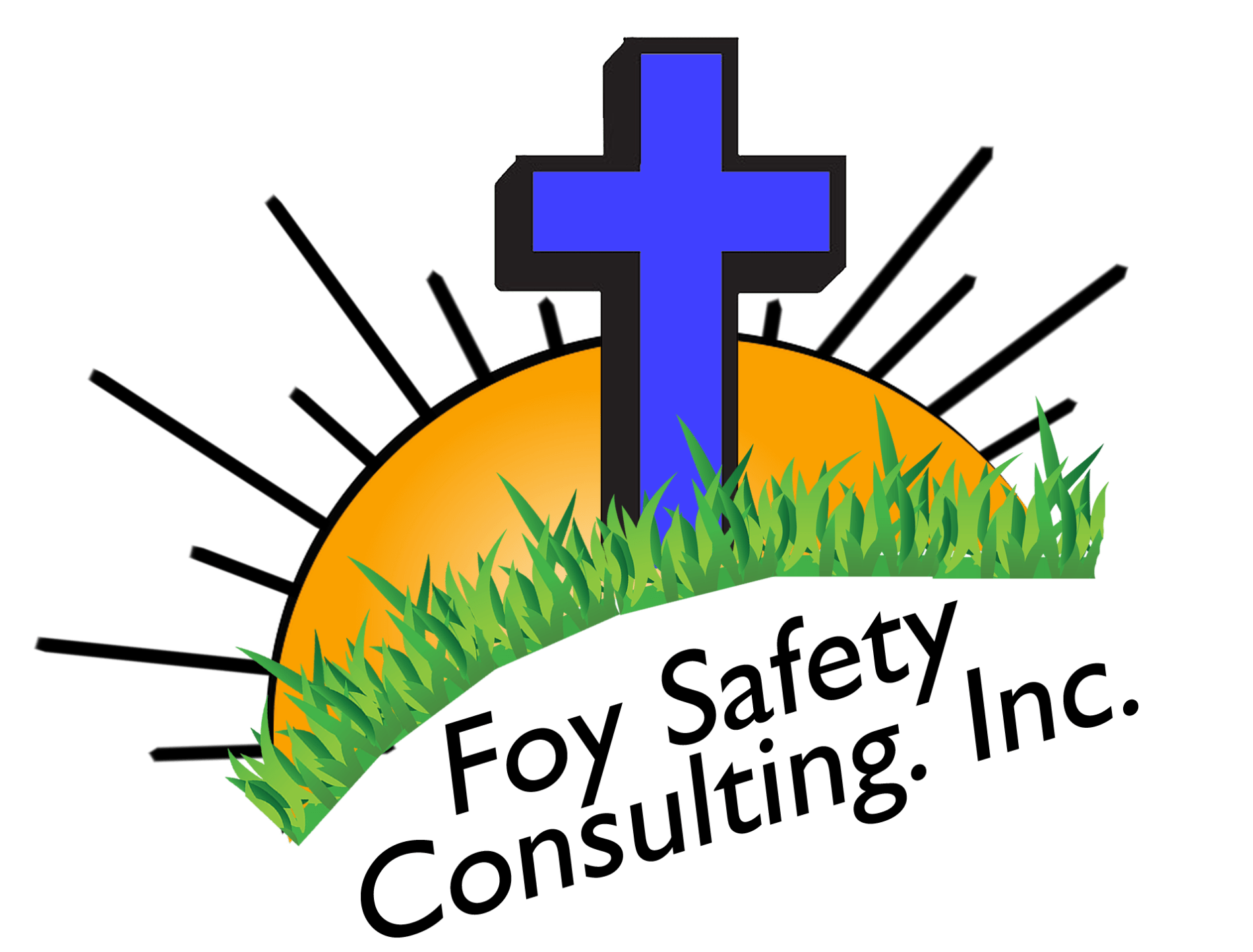
As an employee in the United States, it’s important to know your rights as they relate to your job. One of the most important aspects of any job is knowing how to be safe at work. This means understanding how to best protect yourself against hazards in the workplace, whether those hazards are physical or chemical in nature.
It also means knowing what you can do if you experience any injuries or illnesses related to your job that may require medical treatment. The Occupational Safety and Health Administration (OSHA) helps workers understand their rights as it relates to safety and health in the workplace.
Which workers are covered by OSHA?
The Occupational Safety and Health Act is one of America’s most important worker-protection laws. Its requirements apply only to certain workers, including private sector employees of any size and state and local government employees working in certain jobs. For example, OSHA coverage applies if you work for a public school system but does not extend to public school students employed as part-time janitors. Although U.S. territories are covered by OSHA, self-employed people are exempt from its requirements. As an employee or job applicant, you may wish to contact your state’s Department of Labor to learn more about whether your workplace is covered by OSHA.
- The Right to a Hearing: If you receive a citation or warning, and you disagree with it, you are within your rights to request a hearing. As long as you do so in writing within 15 days of receiving notice of your violation, you will be granted an opportunity to address all allegations against you. If you win your case at hearing, all proceedings will be terminated and no fines will be assessed.
- The Right to Unionize: In an economy with such large inequities, it can be difficult to make ends meet. But when you’re an employee at a company, you have far more power than you might think. For example, in unionized workplaces—which are quite common in some industries—employees have all sorts of rights that would otherwise be unavailable. Unionized companies tend to have higher wages and better working conditions. They often give employees access to benefits and training that they might not get elsewhere
- The Right to File Complaints: Federal and state laws give workers various rights in relation to their jobs. For example, under federal law, workers are protected against employment discrimination based on race, color, religion, sex (including pregnancy), national origin, age (40 or older), disability or genetic information. These rights include protections against retaliation if a worker complains about illegal activity by their employer. Similarly, many states have passed laws that protect workers from employment discrimination based on sexual orientation or gender identity.
- The Right to Safety Equipment: Since safety equipment such as goggles, gloves, and steel-toed boots are necessary parts of many jobs, they should be provided free of charge by employers. While an employee may be able to purchase these items out-of-pocket if they choose to do so, they should not be required by a company that offers no reimbursement. If you work in an industry where masks and protective clothing is recommended or required (such as construction), then these items must also be provided at no cost to you.
- The Right to Refuse Dangerous Work: If you feel your safety is threatened, or that something isn’t right, don’t be afraid to speak up. Even if you can’t fix a dangerous situation on your own, speaking up might help prevent an accident from happening. If you experience something in violation of your rights as a worker, tell someone immediately and report it through your company. In short—don’t be a martyr; stay safe and protect yourself!
- The Right Not To be Threatened or Punished For Filing a Complaint: If you believe your employer has violated OSHA regulations, you have a right to complain about it. You also have a right not to be retaliated against—threatened or otherwise punished—for filing a complaint. In addition, if your complaint reveals any other violation of health and safety standards (e.g., fire hazards or lack of potable water), you are protected from retaliation as well.
Get copies of the safety standards and review them on your own time:
The Occupational Safety and Health Administration (OSHA) does not offer a class or certification that can give you legal rights in your workplace. However, it’s your right as an employee to know what safety standards you need to follow. That’s why OSHA encourages employers to provide their workers with copies of safety standards, so they can review them on their own time.
Know which parts of your workplace are considered potentially hazardous:
At a minimum, employers are responsible for creating safe and healthy conditions for their workers. Therefore, it’s important that you know which parts of your workplace are considered potentially hazardous. Per OSHA guidelines, hazardous areas must be clearly marked as such with warning signs or barriers as necessary. Make sure you know exactly what is in your work environment and what you should do if an emergency situation occurs. Be aware of all local laws regarding how workers can report safety concerns or lodge complaints against unsafe working conditions.
Do not agree or sign anything before you know all the facts:
An important part of being a safe worker is knowing your rights. It’s not uncommon for employers to try and persuade you into signing something without telling you all of its contents. Don’t fall victim by agreeing or signing anything until you know what it says or means, and make sure that everything in writing from your employer is legible so that you can read it later. Remember, before you sign anything with an I agree signature at the bottom, read every word on each page thoroughly.
Explore further on our blog by visiting https://www.foysafety.com/news/ for more information.


